The post How to Find and Photograph Wild Landscapes for Epic Images appeared first on Digital Photography School. It was authored by Jeremy Flint.

Wild Landscapes can be described as “unspoiled areas of land including hills, mountains, and rivers where wild animals, trees, and plants live or grow in natural surroundings and are not looked after by people.”
Venturing into the wild with your camera can be a great adventure that provides a unique opportunity and rewarding exploration to photograph untouched and pristine landscapes. Embarking on such a trip requires careful planning before you go.

Sinai Mountains, Egypt
The first thing you will need to do is choose a wild landscape location to visit. How to go about finding these places is simply a matter of looking for potential destinations. Certain areas around the world are famous for their wild landscapes and rugged beauty including the majestic mountains of Scotland, the highlands of Iceland, the Grand Canyon in the USA, the Canadian Rockies, the deserts of Namibia, Patagonia in South America and many more.
Closer to home, you can find wild landscapes within national parks, areas of outstanding natural beauty and amongst local nature.
Two UK-based photographers worth following who like to photograph wild landscapes include, Thomas Heaton and Alex Nail. Both produce great visuals of wild landscapes, outdoor photography and nature, and are very inspiring.
Once you have found a suitable location, there are several things to consider before going out to photograph wild landscapes.
Go prepared

Brecon Beacons, England
When going on a shoot, make a packing list and be prepared from wearing the right gear to having plenty of food and drink supplies to keep your energy levels up.
Take the right clothing
The clothing you take will determine how comfortable you will be. For example, appropriate rain gear is essential if this is the forecast. In sunny weather, you may be uncomfortable in too much clothing, and in colder weather, you will be chilly if you don’t wear enough layers. So you will need to wear appropriate clothing.
Footwear
Choose the appropriate footwear for the terrain you will be walking on. A sturdy pair of waterproof walking boots with good grips on the souls are essential for long walks over rough grounds with rain forecast.
Supplies
Supplies of food and water are important to keep you fuelled and hydrated. Take more than you estimate for your journey in case of any difficulties, such as burning more calories than expected on a long hike to your destination.
Consider wild camping

Torres del Paine, Chile
Consider taking a lightweight tent and camping out overnight somewhere to photograph an epic scene of the wilderness. There are advantages to wild camping beside a great view. They include being able to capture the sunset and sunrise, and not having to walk to the destination twice.
The right camera gear
Travel light, especially if you are going to stay out overnight somewhere. Cut back on the camera equipment you take as much as you can. Make room to carry other essentials such as food and drink supplies. Only take the lenses you think you will need, such as a wide-angle lens.
Other equipment
Be sure to take a map with you as a precaution. Also, take a fully-charged phone with a GPS app or an ordinance survey map for directions.
Let people know where you are going
It may seem obvious, but it is essential to tell people where you are heading, and for how long, as a safety precaution. This helps in the unlikely event that you experience any unforeseen circumstances. This could include bad weather (for example, thick fog on a mountain top) or sustaining an injury where you are unable to return at the anticipated time.
You will feel more comfortable in the knowledge that someone knows where you are if you require assistance.
Time your visit

The Rockies, Canada
When shooting a wild landscape, it is important to consider the weather conditions.
Time your visit to go and shoot when the weather is good or dramatic. It depends on the kind of image you want to achieve.
There is no such thing as ‘bad weather’ for photography, as in different conditions, you’ll gain different results. For example, a wild stormy sky is great for a powerful and energetic image. Calm and still conditions can give you a minimalist outcome. Each has its own appeal.
You can even shoot landscape images in the midday sun if you prefer to visit during the day.
Choose a viewpoint and composition
When it comes to photographing an epic wild landscape, you will want to choose a viewpoint and composition that captures the location well. Seek out strong compositions that show the majesty of the place, such as a striking mountain range or some intriguing details.
Tripod
It is worth setting your camera on a tripod, especially to help shoot in low light or blustery weather where the conditions can adversely affect the outcome of your images. This will assist in providing more stability and essentially sharper pictures.
Light

Sossusvlei, Namibia
When photographing wild landscapes, consider the light to create great images. You can photograph spectacular scenes by using light creatively. Capture sidelight (when the sun lights the landscape from the side, often creating interesting shadows and textures), backlight (shooting in the direction of the sun where your subject can be silhouetted or have bright edges) or front light (where the sun is coming from behind you and straight onto your subject). You can also include the sun in your shot to make images with different tones and brightness.
Conclusion
Photographing wild landscapes can be a great adventure and an opportunity to explore pristine and untouched landscapes. You can find wild landscapes within national parks, areas of outstanding natural beauty and amongst local nature. Remember to consider clothing, footwear, food and water, camera equipment and a map and be sure to let people know where you are going. Choose an interesting viewpoint, use a tripod and be creative with light. Share your pictures of Wild Landscapes with us below.
The post How to Find and Photograph Wild Landscapes for Epic Images appeared first on Digital Photography School. It was authored by Jeremy Flint.

Digital Photography School













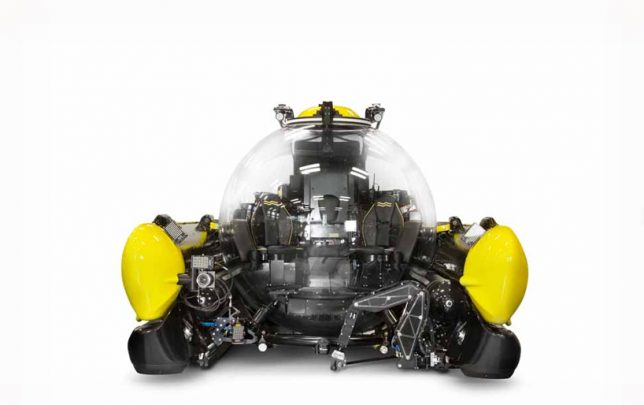
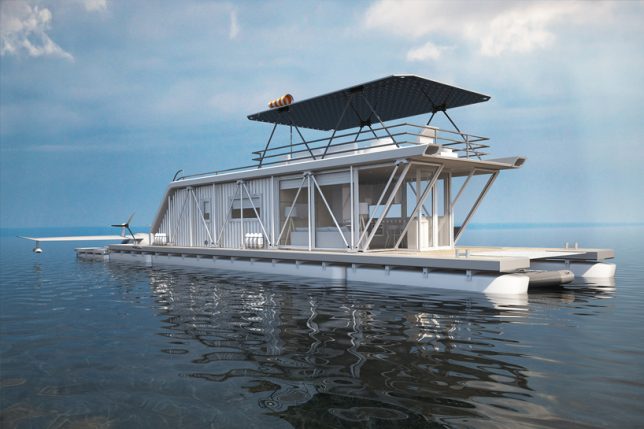
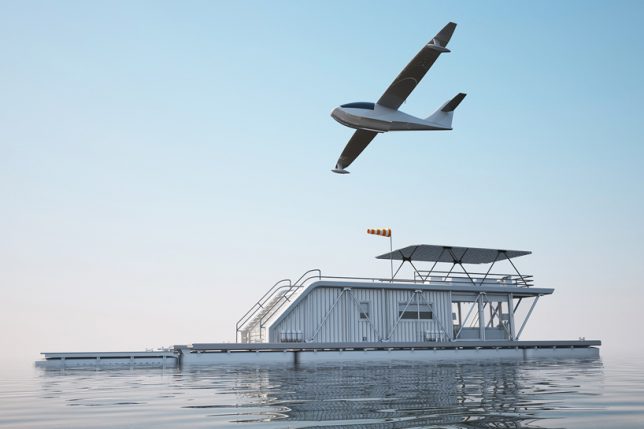

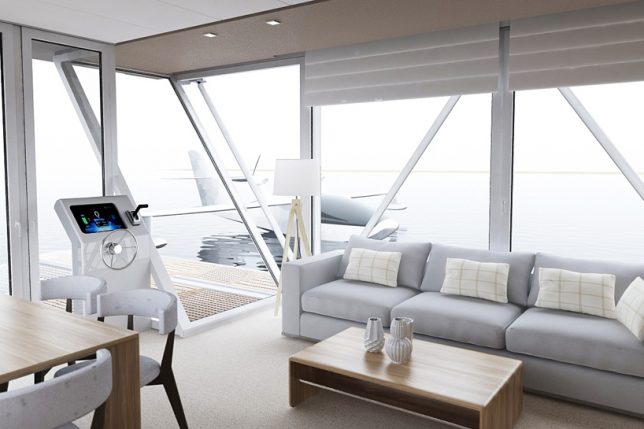









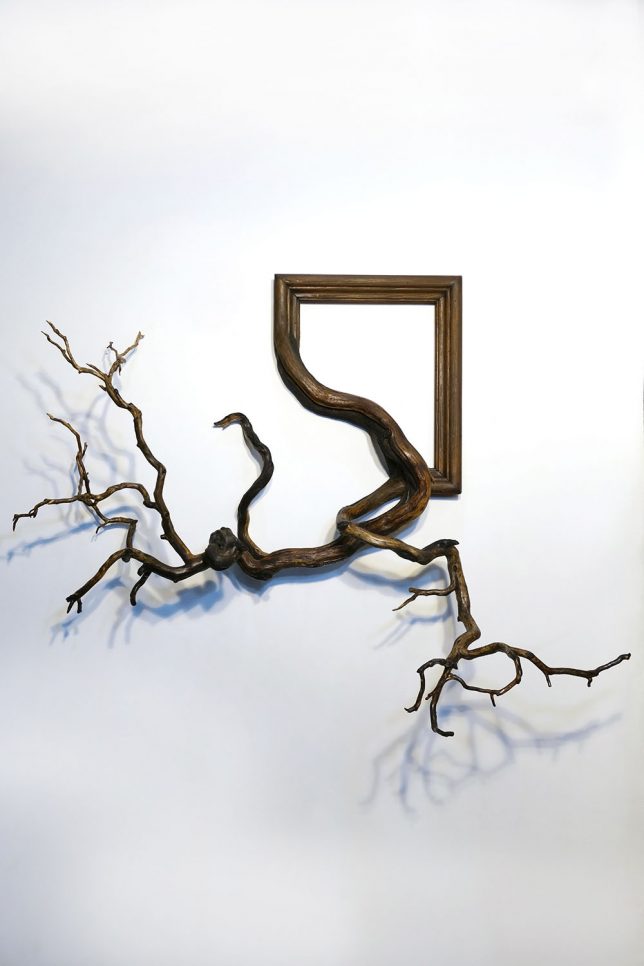









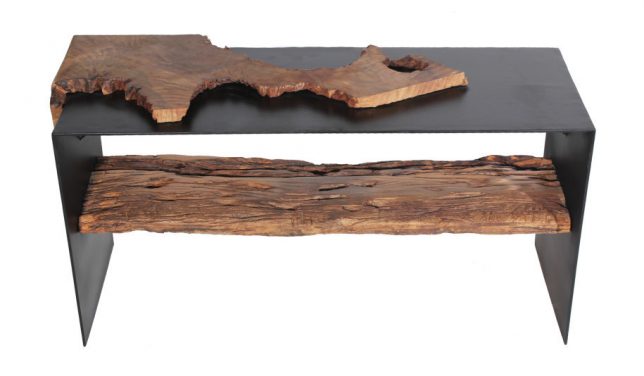
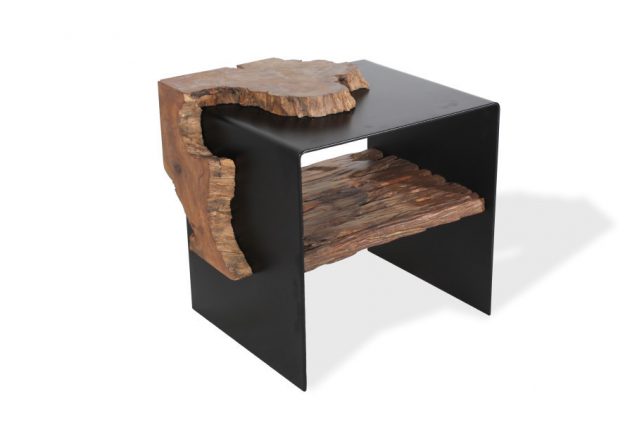
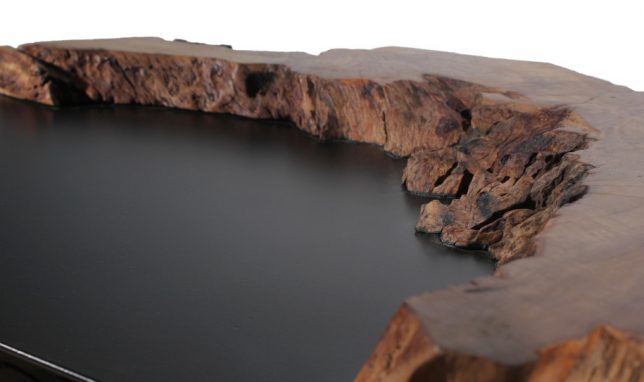


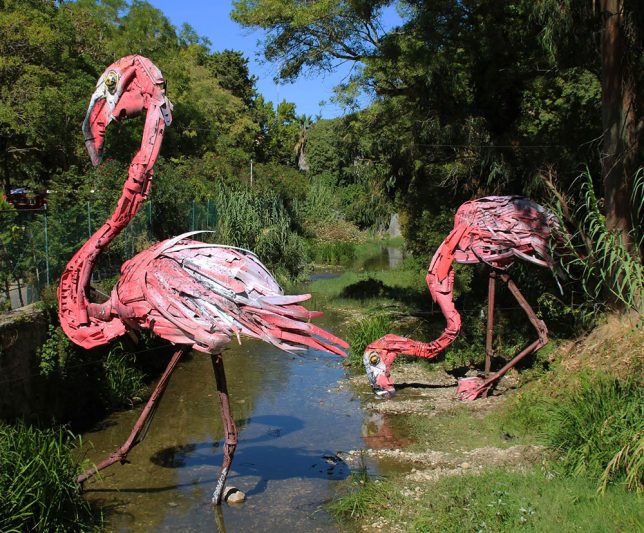
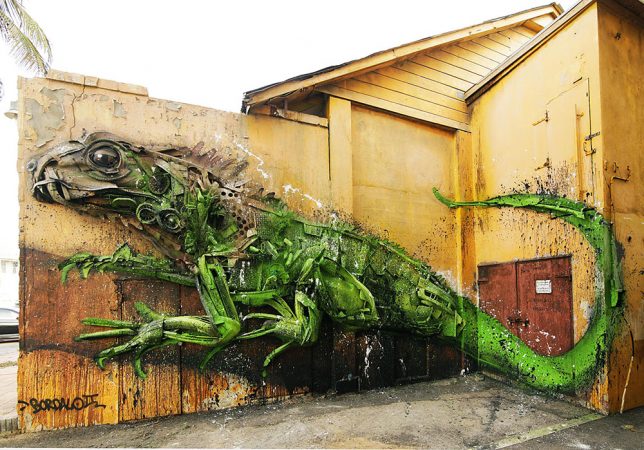

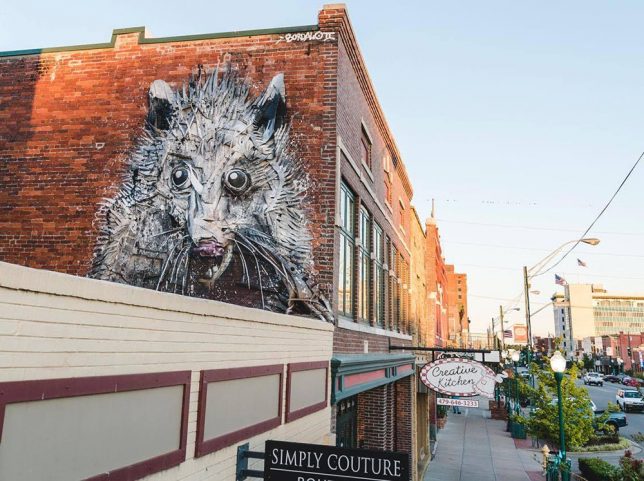
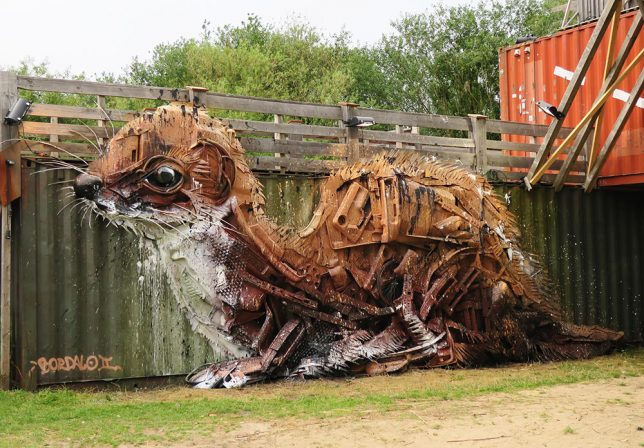


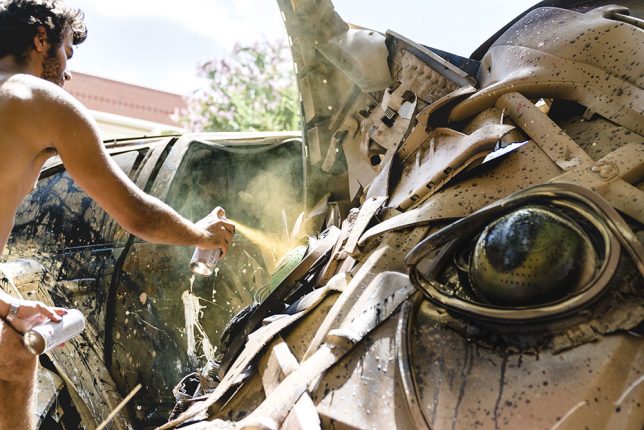












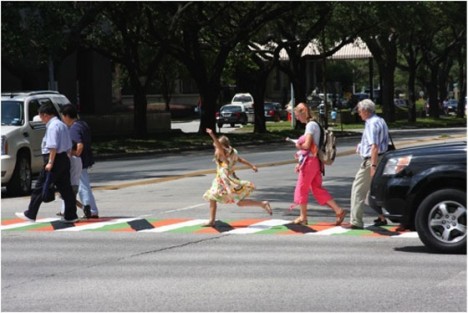
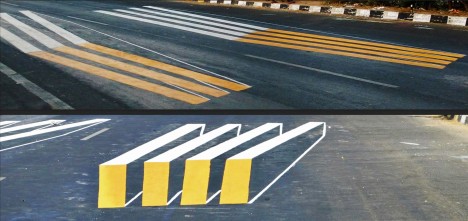


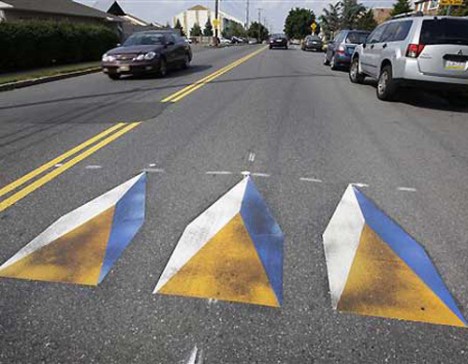
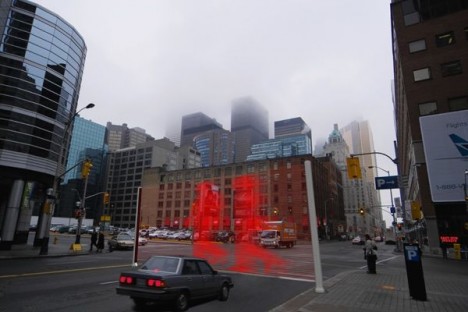








You must be logged in to post a comment.